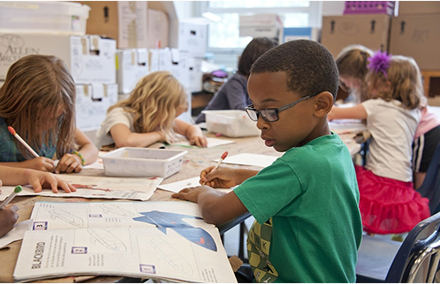Thank you to the more than 100 members of the Lafayette community that joined presenter Jeremy Joseph for an informative presentation about Smartphones and Social Media. Also, thank you to Jeremy for leading this session for us.
Jeremy encourages us all to continue the conversation about technology and its impact on our children. He has provided the following resources:~A recording of the 1/10/2023 presentation, click here.Jeremy’s contact information is given at the end of the presentation. Feel free to reach out to him directly with questions.~ Access to the presentation slides and appendices, updated regularly, click here~ An article on Real World Solutions, click here~ The podcast Jeremy mentioned in his presentation about cyberbullying of a local child, please click here
No matter what tech your kids have at home, consider adopting these universally recommended digital safety habits in your family.
-
Start an ongoing discussion. Ask open-ended questions like “I’d like to learn more about…” or “Could you teach me about…?” to understand your kids’ digital world. Why are they online? What do they see and do online, and why? How does time online make them feel? Be curious, listen, and ask follow-up questions. Don’t judge or argue. The goal is simply to create and sustain dialogue and shared understanding.
-
Monitor your kid’s accounts. Consider electronically monitoring your child’s accounts (e.g., gmail or iMessage), phone (if they have one). Learn more about this in the presentation.
-
Rule #1: No screens or video games in bedrooms, bathrooms, or behind closed doors…ever. Nothing good comes from mixing internet-enabled devices, kids, and secrecy.
-
Rule #2: Kids’ screens remain off and inaccessible from ~30 minutes before bedtime until after breakfast. Good, uninterrupted sleep is probably the single best thing for emotional regulation and positive mental health.
-
Safety in Numbers. Talk to the parents of your child’s two best friends about why you took these steps, and see if they will too. Only by working together can we create social expectations around how families can use technology responsibly (like we have with other things like seat belts in cars or bike helmets).






